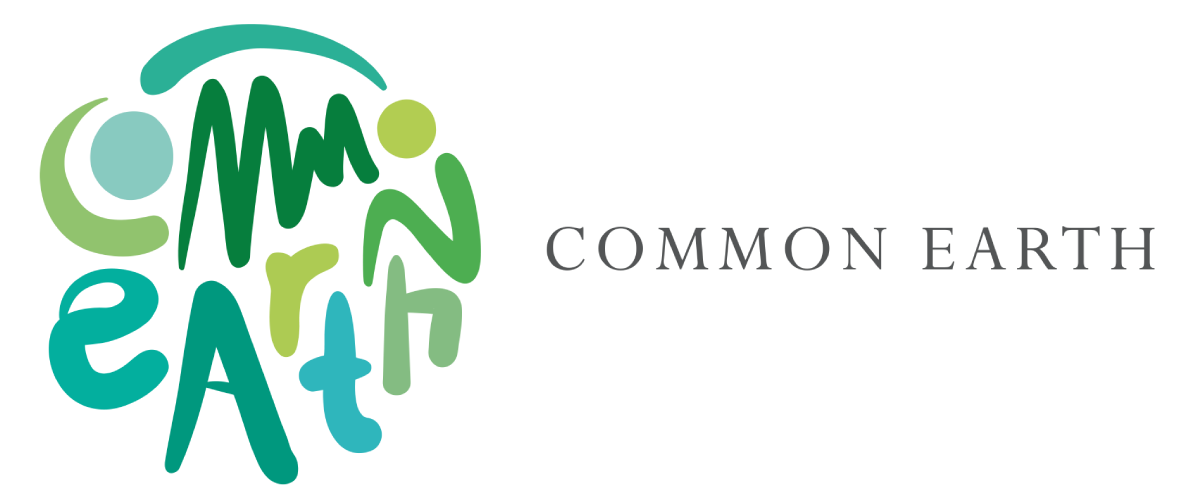Immediate Acceleration - high impact finance-related activities that can greatly accelerate the flow of capital and other resources to regenerative approaches to climate resilience throughout the Commonwealth. These activities do not depend on policy shifts or fundamental systems transformations. They include de-risking projects by educating investors, assembling case studies to demonstrate financial viability, and mentoring teams in creating investment-grade projects; mapping the current regenerative finance ecosystem to better connect projects and investors; creating a toolkit with sample project documents, regenerative metrics, and related resources; and others to be developed.
Near-term innovation - support project and policy innovations building from existing market conditions but showing systemic pathways to deep financial systems transformation. These innovations, particularly in nature-based solutions, will test new ways of integrating multiple forms of capital (financial, built, social, ecological); evaluating systemic outcomes (e.g. Blue Marble Evaluation); blending different sources of capital (commercial, philanthropic, governmental); and other approaches.
Deep transformation - evolve the scenarios, visions, theory, and underlying philosophy for the deep structural shifts in finance (and related enabling systems) that will create complete alignment between ecological and community regeneration and economic activities. Given potentially unsolvable conflicts between current financial systems and the long-term regeneration of the Commonwealth, it is imperative to map viable transformations and pathways for rapidly achieving them in an interdisciplinary manner drawing on growing research and action in this Field.


